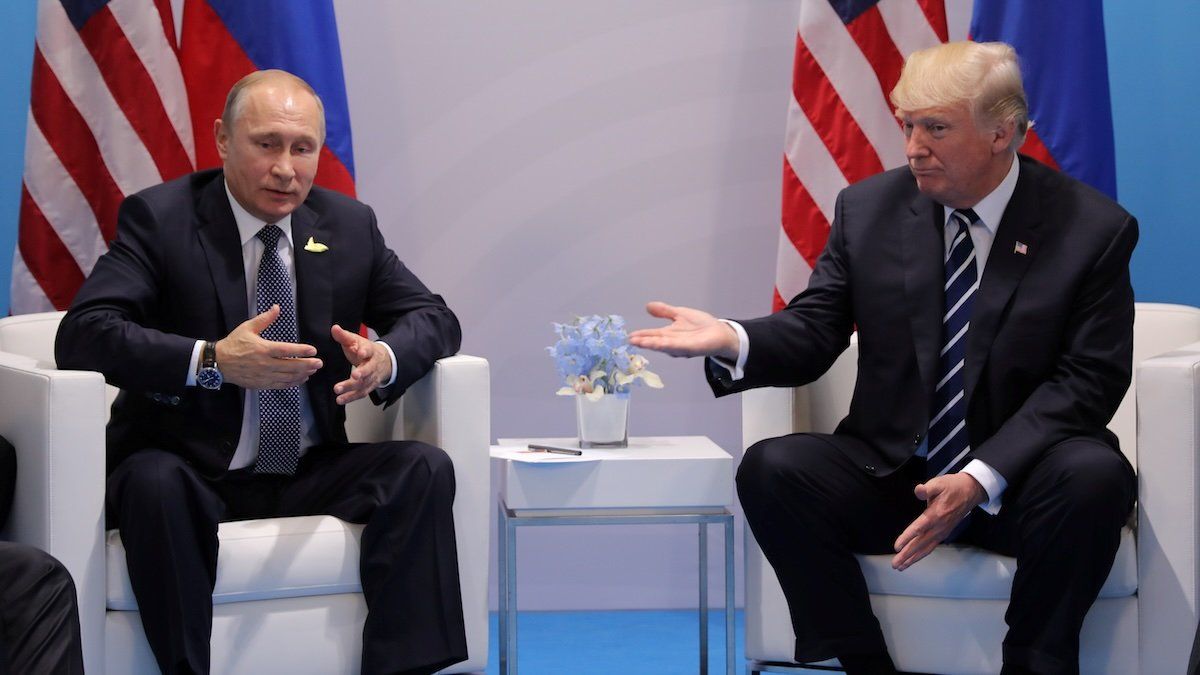The Kremlin is denying reports that Donald Trump spoke with Russian President Vladimir Putin on the phone last Thursday. During the conversation, the US president-elect reportedly warned the Russian leader not to escalate the war in Ukraine while reminding him of the US military’s significant presence in Europe.
But Kremlin spokesperson Dmitry Peskov on Monday said such reports were “pure fiction,” while Trump’s team declined to comment on his “private calls” when questioned by the BBC.
This back-and-forth indicates how much attention is already focused on Trump’s potential approach to Ukraine. On the campaign trail, Trump expressed opposition to continued US support to Ukraine and said he would end the war in “24 hours,” without expanding on how he’d accomplish this.
Moving forward, there are open questions over the terms Trump expects both sides to negotiate under — and what he’d seek to use as leverage to get an agreement. Ukraine is heavily reliant on the US for everything from military aid to intelligence in this war, but it’s less clear what Trump can hang over Moscow to get a deal done and dusted.
Trump has reportedly suggested in private that Ukraine should give up territory to Russia — a prospect Kyiv has firmly rejected — in order to end the fighting. Even if a cease-fire was reached along these lines, it wouldn’t necessarily include a political agreement necessary for a lasting peace.
We’ll be watching for more signs of jockeying between Trump and both sides in this conflict ahead of his inauguration, which could give us a clearer picture of whether negotiations will occur and what they might look like.
- Trump's call with Putin is big win for Kremlin - GZERO Media ›
- Ukraine hopes for Europe's help as US negotiates with Russia - GZERO Media ›
- Will Trump & Musk punish Brazil over Bolsonaro indictment? - GZERO Media ›
- Trump's dealmaking with Putin leaves Ukraine and Europe with nowhere to turn - GZERO Media ›
